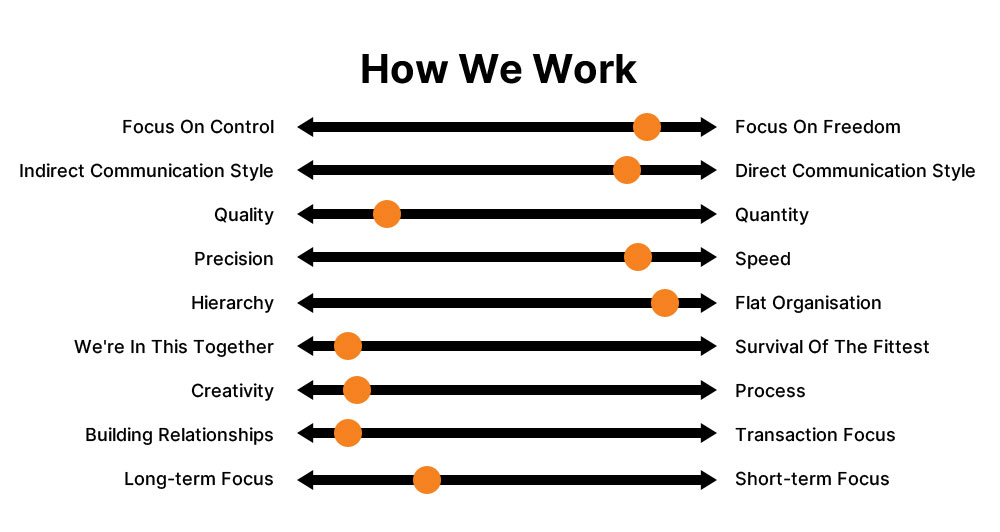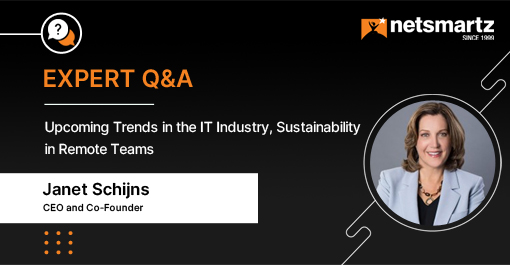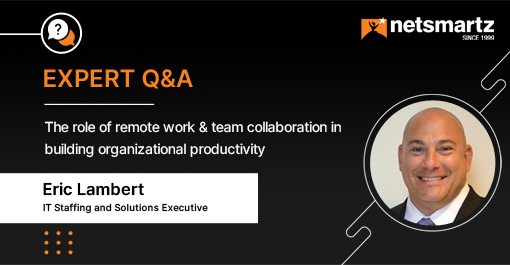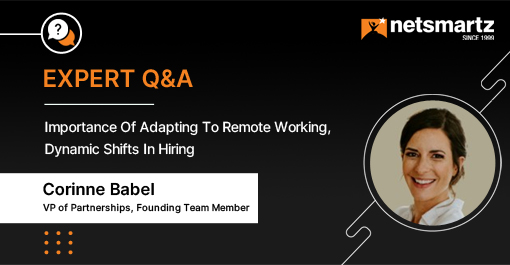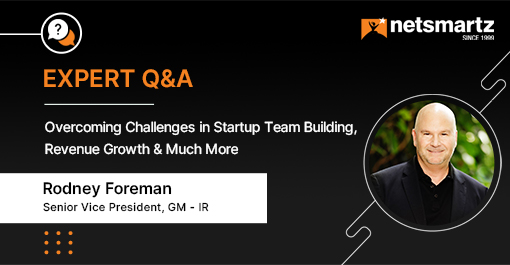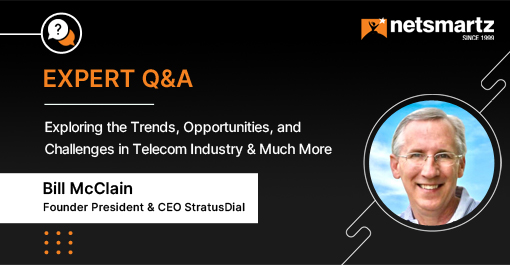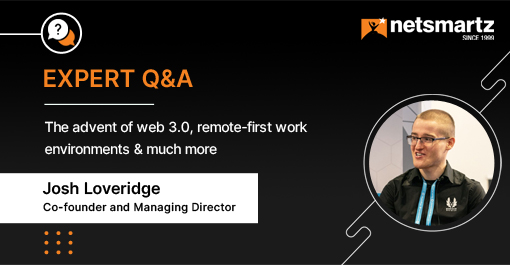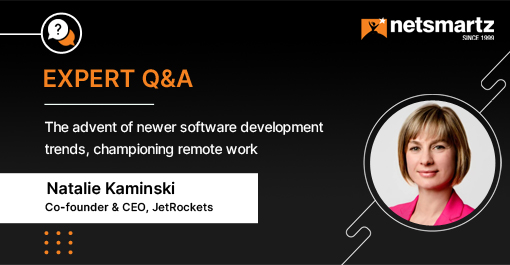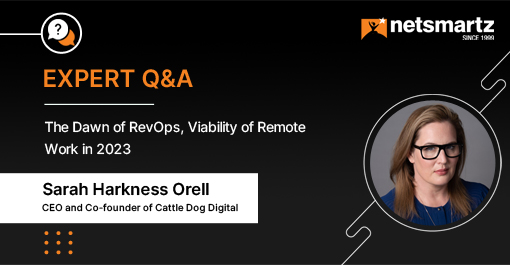Globalization of the Software Industry, Employee-centric Working Methods & Much More
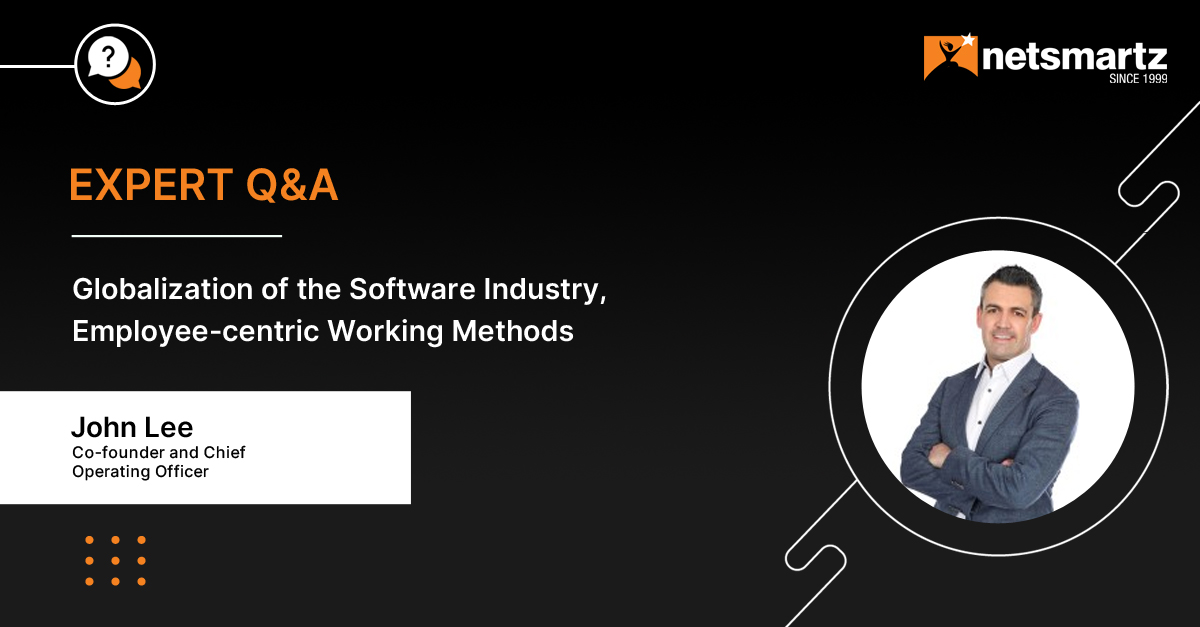
With the software industry undergoing massive changes in the way it functions across the globe, there is constantly a question among remote workers and digital nomads whether working from anywhere in the world is a utopian dream that is here to stay or just a fleeting trend.
To know more about the same, we got in touch with John Lee, co-founder of The Work From Anywhere Team. Scroll down to check out his insights.
Want to contribute to our expert insights?
Contact Us About John Lee
About John Lee
Co-founder of The Work From Home Anywhere Team, John Lee has held the baton for several years at various firms championing work from anywhere along with solving tax complexity in a work from anywhere world. His previous start-up, CultureMee, an intercultural communication platform, won “Best Travel Technology Product” at the Global Youth Travel Awards in 2018. Prior to CultureMee, John held senior finance roles in FTSE listed CRH Plc. There, he travelled to over 150+ locations over a 10-year period and got to see first-hand the challenges of dealing with complex corporate tax, individual tax and employment law across multiple jurisdictions.
1. What trends do you see coming up in the software industry, especially after the pandemic?
The globalisation of the software industry seems to be accelerating at a rapid pace. We did have globalisation of the software, now we have globalisation of people. While lots of tools existed pre-pandemic to connect people remotely, a lot of software companies still had a bias towards hiring talent within their geographic borders, which is why so many people flocked to Silicon Valley. If you wanted to break into the US for B2B software, then you physically had to be in the US to speak to customers face to face. If you wanted to do a big raise, then you had to go to Silicon Valley. To hire the best developers, a lot of people tried to flock to Silicon Valley. When I tried to reach out to companies in Silicon Valley, it was much harder trying to do that remotely from our base in Thailand back in 2017. Whereas now, it is so much easier. The Silicon Valley network has moved from offline to online, meaning it’s 1,000 times easier to connect with people who had their doors closed in the old model. The globalisation of people is a fascinating one and has many 2nd and 3rd order effects that have yet to play out, but the most obvious one is companies are now recognising there’s a much greater diversity of brilliant talent they can access by looking beyond their national borders. It’s not as if software companies did not do this pre-pandemic, it’s more about the fact that going global is often the 1st option as opposed to looking locally. Successful software companies like Gitlab pioneered this and companies like them have been trailblazers for the rest who have followed.2. We see you’ve talked about Remote Work – do you see it being sustained? What are some challenges you consider for it to be the new paradigm?
There are plenty of people like Kate Lister, Laurel Farrer, Chase Warrington and others who are more experienced to speak on these topics than myself, but from what I have seen, some companies will struggle. Especially companies with a weak commitment to remote work and poor training of middle management, be it tools, processes or how they embrace it from a company culture perspective. The biggest challenge has been how remote work has accelerated a shift in values leading to an inversion of the work pyramid. For the first time possibly in the history of modern work, it is employees across industries and borders who are driving the agenda, and not the executive suite. A CEO might want you back to the office, but if say you’re a parent, what is the value of having, like I do, your little one-year-old baby walk over to you during the day and look up to you for a big squeezy cuddle? What does that do for your well-being as a parent? The short answer is nothing can compare to that, so some degree of flexibility is irreplaceable for many of us. We can’t shy away from the challenges of remote work, such as isolation. Face-to-face connection with colleagues is critical but even fully remote companies know how to leverage this. International remote work has its challenges, such as tax, legal, immigration and a few more. But I’m excited to see the solutions emerge to address many of these challenges and remember, we’re only at the beginning of this curve representing the most monumental, fundamental shifts in life that any of us have experienced in our lifetimes, so we should all give ourselves time to breathe and figure out how to make remote work sustainable in the long-term.3. What is the biggest challenge you face as per team management in Remote working?
Company culture has been such a fascinating topic. How do you communicate and visualise it in a remote environment especially when how we work is a mix of our identity, the company culture and other sub-identities such as our national culture? This is why we put together the visualization below to help us communicate in a very visual way how we work. It’s something I found hugely helpful when hiring and onboarding remotely in my previous startup.4. What Strategies are you following for solving the complexities of tax and remote working?
Figure out what model works for you in each country you operate in, and make sure to narrow the focus to which countries you either hire or offer work from. There’s a utopian vision of being able to offer truly work from anywhere in any country in the world, but the harsh reality is that the complexities of tax, visas and other laws make it impossible. Does your sales-generating senior leader want to work remotely in North Korea for 8 months? Sorry but you can’t get a visa, you’ll trigger individual tax residency and you’ll also likely trigger corporate tax residency, so it’s a non-runner. This points back to the earlier message – lay out clearly what countries you have in your programme and how long you’ll allow work from anywhere in each of those. For examples of what other companies are doing, you can see our recent article here. Wrapping Up
Wrapping Up
The globalisation of the software industry has brought about many paradigm shifts that are here to stay in the long run. With companies looking for a diverse and talented lot, there is no geographical boundary stopping them from taking their enterprise to the next level. Our conservation with John only forged the sustainability and reliability of remote work as one of the most viable modes of working out there.

Are You An Influencer?
Make Your Mark as a Thought Leader
We invite industry influencers to participate in our Q&A panel, offering the audience valuable insight into cutting-edge technology trends, platforms, and more.




